When it comes to making a film, the risk of alienating the viewers is always there. Not everything will be understood or appreciated. Most filmmakers don’t want to risk it. A safer alternative would be to follow a simple formulaic, which not only pleases the audience but also makes them much more bankable for investors. But there are some who will risk it anyway.
To them, filmmaking is not about being recognized, the glamour of having your name on the silver screen. It’s a craftsmanship that deserves to be honored. But in order to do that, the filmmaker must sometimes tread spaces too uncomfortable for most. They could make it easy on them, but that would be cheating their vision.
Time and again, they have challenged conventions. Never interested in your usual Hollywood schmaltz, in comfortable three-act structures or even sympathetic characters. These people have challenged conventional narratives, have played with our expectations, crushed our spirits when necessary. Nothing was sugarcoated, no subject was off-limits.
Taking us farther away from our comfort zones than any studio executive would dare to. None of them cared about making you feel ‘good’ about yourself or your fellow man. They aimed to portray humanity as they saw it, in all its ugliness and necessary filth.
In the following list we take a look at these polemic filmmakers. Whether you liked them or not, there’s no denying their artistry, the genuine effect it had on us when we gave them a chance.
10. Todd Solondz
Some filmmakers like to do one for them and one for themselves, and back and forth, The studio and the independent. But I like to do everything for me…” this statement by Todd Solondz is not surprising once you look at this filmography.
From his first film Fear, anxiety and depression to his last Wiener-dog which garnered a large walk-out at its Sundance premier from the dog-lovers in the audience, it becomes increasingly obvious that he’s not remotely interested in mainstream fame.
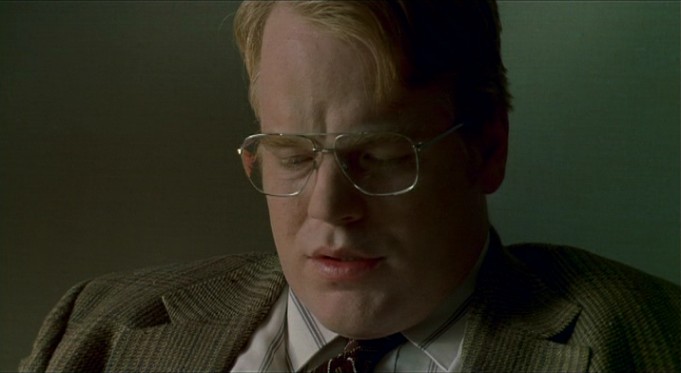
In arguably his most famous film Happiness, we have a father giving parental advice to his son about how to ejaculate, even offering him some help. Both deeply uncomfortable and hilarious, even more so when you are aware that the father is a pedophile. The rest of the cast involves people who are all lost, prisoners of their own impulses, all looking for that Hollywood moment that is never within their reach. Creatures of suburbia, promised the simple life but whose lives could never remain simple.
In Dark Horse, the main character is a thirty-something manchild who still lives with his parents, seeking their acceptance and personal success. It’s the typical story of the perennial loser seeking redemption. A perfect opening for a touching Hollywood film but Todd instead subverts the cliche, refusing to make the main character easily likeable. Abe (the main character) is like all Todd’s characters, a victim of his own hubris.
Blaming his father for not becoming the famous singer he dreamed to be, understanding life through the tired pop-songs he listens in his car. Pop songs that talk about becoming the man you really are- instead Abe will never be the man he really wants to be, and the sooner he accepts this the better.
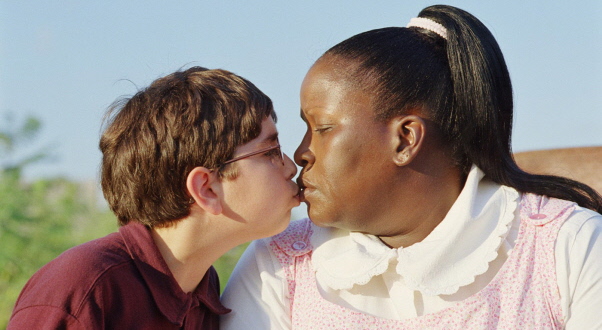
Palindromes, a favorite among Solondz devotees, involves a protagonist played by eight people of different genders and race. The fact that Solondz spend his whole live savings on making it because no studio wanted to back it, makes his name essential in this list of uncompromising directors.
All of his characters live with a fake narrative of themselves, deep down they know how sad they really are and its their desperate attempts to mask it that is the source of the dark comedy Todd revels in.
All of them think they are in a Hallmark movie, and reality is always there to break their hearts. All of them seek true love but are often times too selfish to truly give themselves to someone else.
Todd’s movies are mean spirited, but at the same time, one could argue he gives a human face to these people too. In the moments when the characters offer that glimmer of authenticity, the blessing is a great one. The world is full of phonies and they can be painful to watch, but we can be fascinating creatures too. And even in our most depraved moments, maybe even a bit lovable.
And on the topic of the ending of Wiener-dog ‘I’m going to use a big truck to crush a tiny little dog… Well I’m really going to do it, because life is crushing.” It’s this fearlessness in an artform mostly used to sugarcoat reality, that cements his position in this list.
9. Takashi Miike
Miike is infamous for the incredible amount of work he has done in a short span of years. The way he works with a tight schedule would make most notable Hollywood directors jealous. That’s not to say his films aren’t an acquired taste.
Apart from having to be somewhat accustomed to Japanese cinema- it’s highly advisable not to dive into it without some knowledge beforehand, the initial cultural differences could be alienating at first- his films do not shy away from extreme content. One needs to have a particular strong stomach. Not only that, an appreciation of dark comedy, even scatological humor which is often sprinkled the depravity and gore.
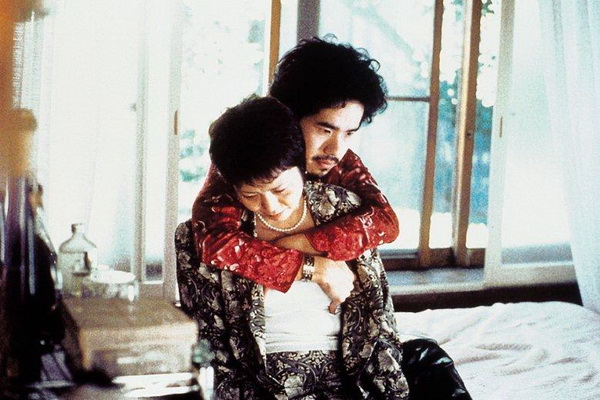
In one his most famous films Visitor Q, a satire on the family drama (and possibly a loving ode to Passolini’s Theorema), not only will the viewer be confronted with taboo subjects such as incest, sexual assault, necrophilia and lactation sex, Miike also invites you to laugh about these things.
In one particular noteworthy scene, the father character having sex with a corpse, finds his penis stuck inside the dead woman due to rigor mortis. His mother character helps him out using oil and vinegar and when does not help, heroin seems to do the trick. Needless to say, this is probably not everyone’s cup of tea. This film could make John Waters blush- and probably has.
Most of his movies deal with extreme violence, switching from cartoony depictions to the shocking and visceral. In one his other more famous films Ichi the Killer, we have a character slicing people in half with a blade in his boots, mixed with a disturbing scenes of rape and female mutilation.
In Fudoh: The New Generation, his Yakuza classic, we have a blackly comical scene where kids are playing soccer with the severed head of their teacher (a scene homage in Eli Roth’s Hostel 2, Miike himself cameos in the first Hostel film as a violent hungry businessman), while later a child is brutally murdered. Nothing and nobody is safe in a Takashi Miike movie.
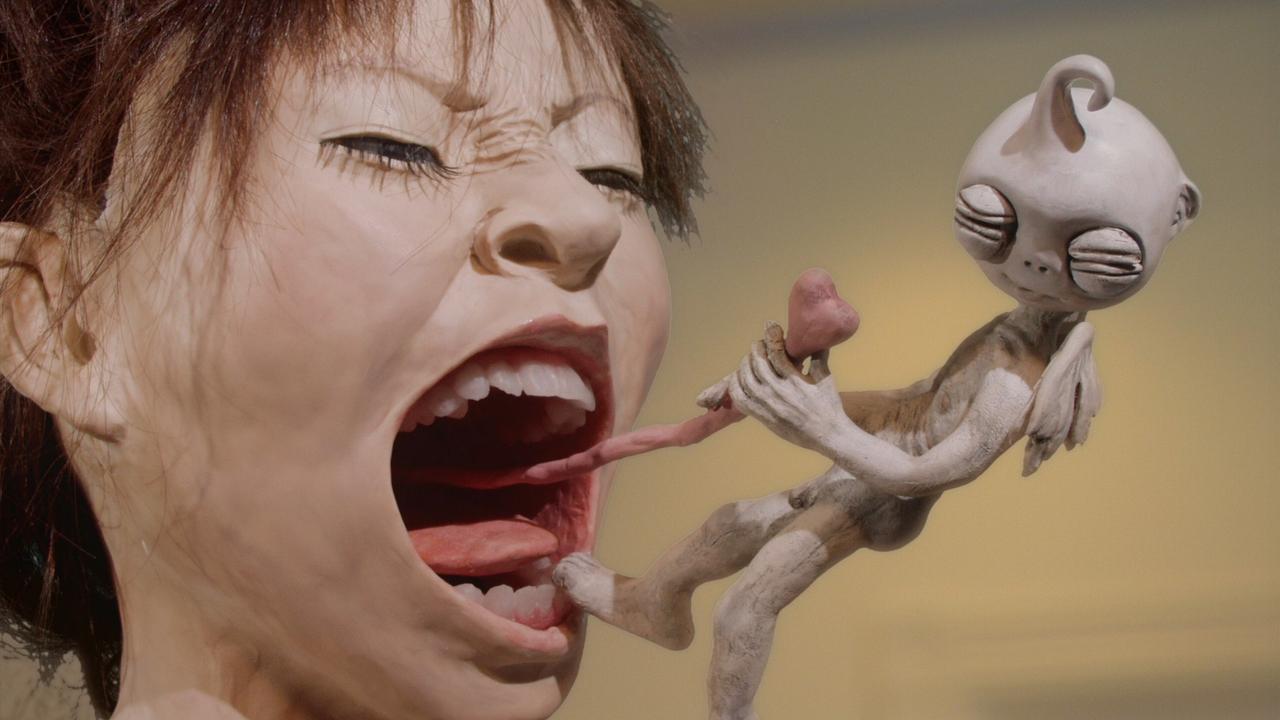
That’s not to say Takashi Miike is solely about shock. His filmography is rich with different genres. The Happiness of Katakuris mixes musical, comedy, horror and stop-motion in a ridiculously entertaining blend.
The deeply underrated The Bird People of China is a moving portrait of two people finding meaning in a rural Chinese village. He’s even done an enjoyable kids movie The Great Yokai War and a silly video-game adaptation Ace Attorney. None of them have the shocking content you would expect from his style of filmmaking.
But this segment could not be finished without mentioning his most notorious film; Audition. It’s not only an incredible work of cinema, slow-burning, creepy, shocking, but ultimately moving depiction of loneliness and abuse.
When all is said and done, his tireless work ethic, his wonderful unpretentious manner, hate him or love him, there’s no denying that he’s one of a kind.
8. Gaspar Noe
The Argentinean born director Gaspar Noe knows very well that his movies are not for everyone. So much so that he has stated that he enjoys his bad reviews more than his positive ones, ”the good ones help the movie to exist,” he stated in an Indiewire interview, ”…but The bad ones help you to get into some kind of revenge plan, and excited for another movie.”
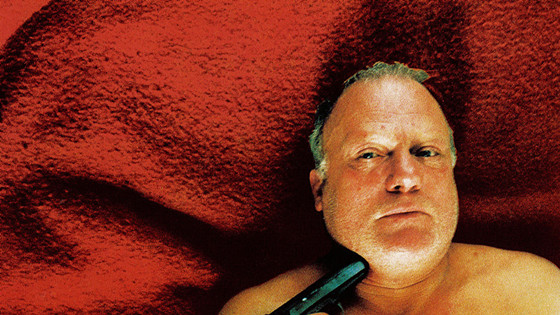
His first cinematic outing was I Stand Alone, the tale of a despondent butcher slowly giving in to his baser desires. Like most of Gaspar’s film, I Stand Alone did not have a traditional script. Only the monologues were written, the rest was an outline. Not having a traditional script was to become a good tactic to get his most famous film Irreversible produced.
The funding for the film was a self-proclaimed ”bank robbery” because he knew if there had been a traditional script, nobody would dare produce it. The scene that would probably make any producer hesitant would have been the eleven minute rape, which was only briefly mentioned in the outline.
The actual scene is an endurance test, that garnered most walkouts in the year it was released. Shot in one unbroken take, we get a little taste of what horror the victim endures, culminating into her being beaten into a coma.
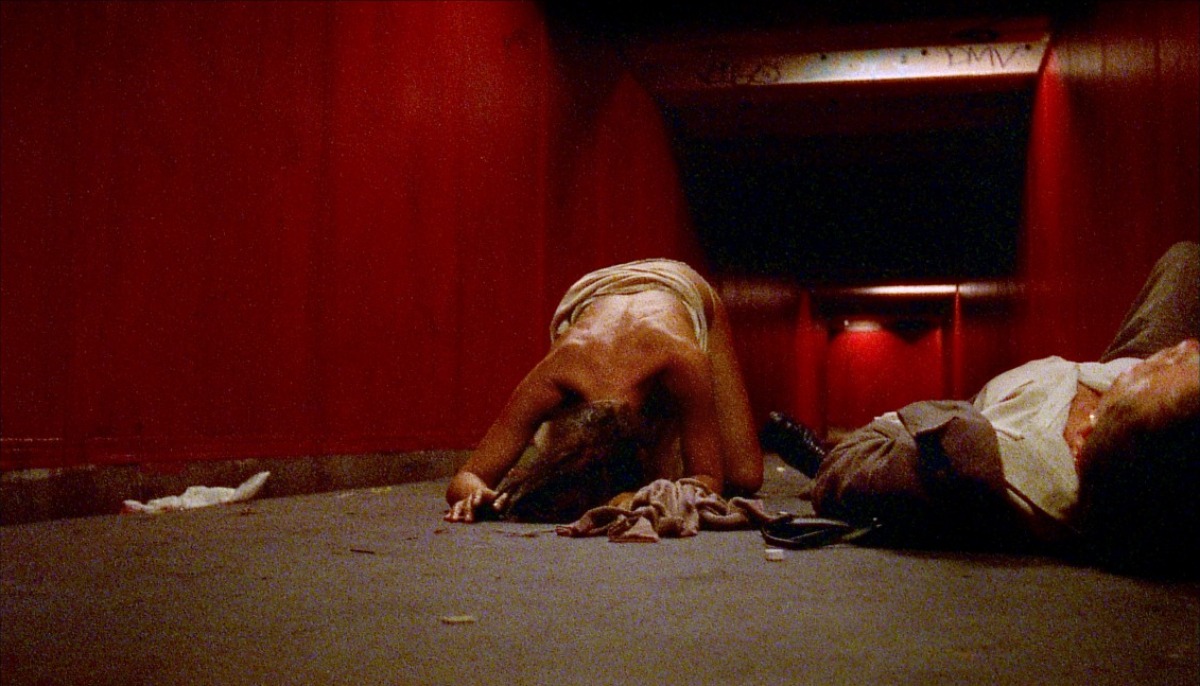
His latest film Love caused much uproar with its unflinching depiction of sex but expect nothing less from him. Gasper’s movies are visceral, unrelenting and hard to watch, but it comes closer to the darkness of its subjects than more conventional movies would dare to tread. They are experiences; assaulting the senses, waking you up from a summer full of lame blockbusters. For this alone, not to mention his incredible knack for visuals and beautifully choreographed one-take shots, he deserves to be on this list.
7. Nicolas Winding Refn
Seeing as the Danish born director Nicolas Winding Refn proclaims himself to be the ‘pornographer of cinema,” it’s safe to say that he isn’t shy about a little controversy- in fact, he actually invites it.
To him, the definition of a successful film is a polarizing one, to make them think and ponder whether they liked it or not. One only has to look at his latest film, Neon Demon, a gorgeous looking film that also involves both cannibalism and necrophilia, to see that he has wholeheartedly stuck to this view.
Apart from his last film, all his films involve men driven to darkness. Loners seeking a redemption of sorts, fighting against their own nature. They seek love but often don’t know how to handle it. A desire for intimacy in a dark grimy world. Sometimes they find it, sometimes they they find themselves even more lost than when they started.
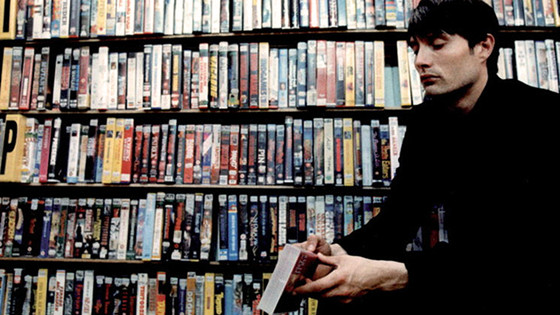
It’s his particular use of both violence and sweetness that makes his films powerful, scenes of gentle character interactions in a world surrounded by violence. In Bleeder, we have two stories; one man’s descent into violence, the other a sweet tale of a man finding love.
Drive is both a tender love story and a violent noir thriller, which has both a slow-motion kiss and immediately after that; a graphic head-stomping. To Refn, violence is like sexuality. ”Climaxing only for a few seconds. But the shorter and faster it is, the more effective it is.” And violence does indeed assault the lives of his characters, the nightmarish effects become all the more apparent.
But no matter how vicious his films might get, they’ll also be gorgeous to look at. Using color to both give an insight into the nature of the scene and mental turmoil’s of his characters. It’s a surprise that he’s actually colorblind but in his own words, his handicap might have been beneficial. Looking at the gorgeous scenery of his films, it’s hard to disagree.
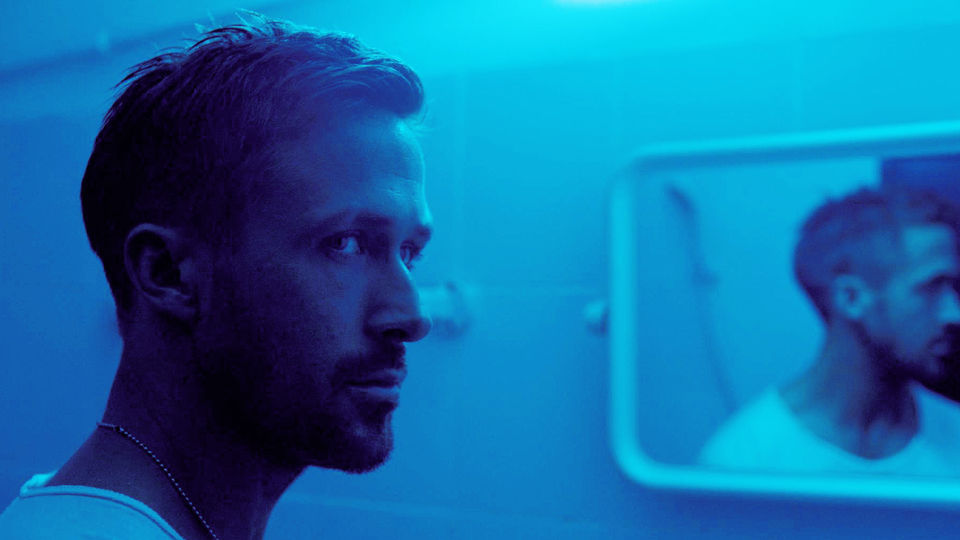
His first American feature Fear X lead his production company being bankrupted. It would not be the first time that Refn would undergo financial trouble during the making of a film. Even after receiving some mainstream success with his neo-noir triller, he had to empty his family’s personal account to finish his follow-up Only God Forgives. This only shows his uncompromising dedication to his vision for film.
Slow-burning, beautiful to look at it, at times both endearing and unnerving, his films are not for everyone but even his biggest critics cannot his knack for the language for the language of cinema. No matter how messy his next film will be, it will surely be too beautiful to dismiss.
6. Alejandro Jodorowsky
Those who have seen the inspiring documentary Jodorowsky’s Dune are very well aware of the magnitude of Alejandro Jodorowsky’s vision. The documentary chronicles the eventual failed attempt to adapt Frank Herbert’s Dune, which if he would have succeeded would have been the Space-opera to end all Space-opera’s.
Eventually Alejandro’s dream project would turn out to be far too ambitious, with too many ego’s too juggle and the cost skyrocketing, and the production fell apart. But if documentary proves anything, if his former movies haven’t already; it’s that when Jodorowsky lets his imagination run free, we are in for a very special ride.
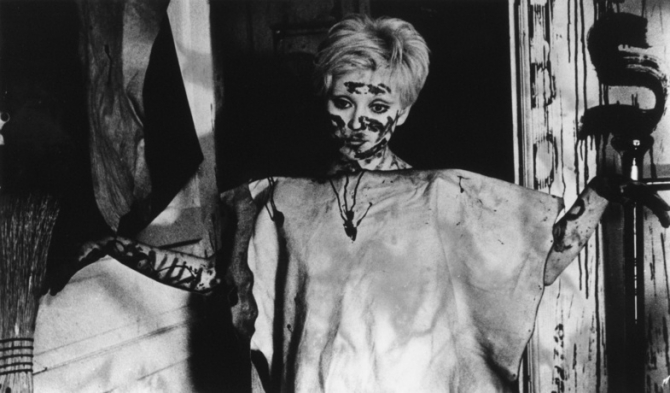
Born in Chile, a former Circus clown and puppeteer and mime student, Alejandro made his first feature film in 1968; Fando y lis. It takes most directors some time before they find their style, but in this debut, he would highlight many of his signature styles; series of surrealistic scenes, rapid editing, nudity, people with either disfigurements or physical handicaps.
Just like in his most notable films, Fando y lis concerns a spiritual journey for enlightenment. in The Holy Mountain, it’s the Thief seeking for the aforementioned mountain, in Santa Sangre it’s a son and his armless mother who seek fulfillment through bloody revenge.
In all these four films, the main characters come be aware of their delusional pursuit, coming to realize that ultimate fulfillment is out of reach for the human spirit. All of them involve surreal imagery, either portraying the horrors of human error or satirizing their hopeless attempts for utopia.
Ranging from horrifying to the bizarre to the knock-down hilarious, Jodorowsky pulls no punches. In El Topo, a group of cultists massacres a group of outcasts because they don’t follow the norm.
In The Holy Mountain the main characters finally reach the holy mountain, only to discover faceless dummies instead of the promised wise immortals and we are told by the director himself that none of this is real, and that ”real life awaits us.”
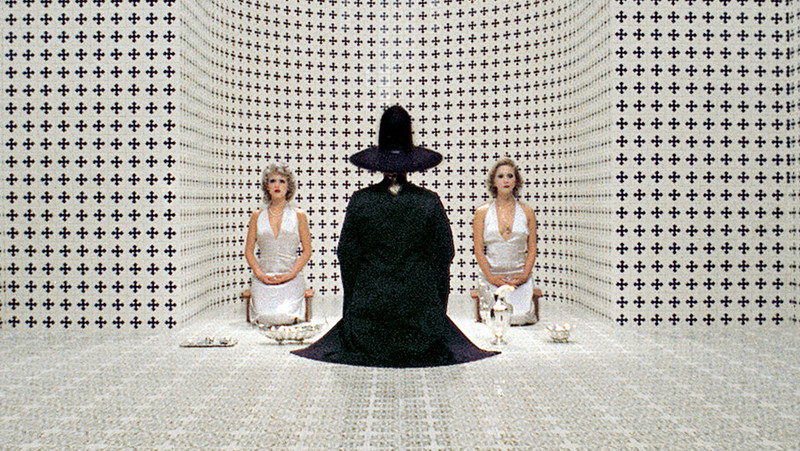
The obsession with materialism and how it cultivates into a false religion is a concurrent theme running through most of his films, as are the sins of the parent running down onto the children. It seems unnecessary to say, but his films are certainly not for everyone. The puritans among us should stay away.
An open mind is definite necessity, the willingness to be baffled. But suffice it to say, though all its madness and gore and debauchery, there’s a definite humanist streak that aches and prays for the awakening of human decency.